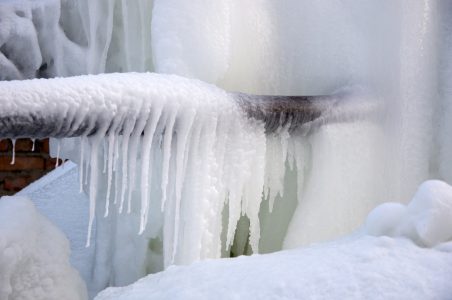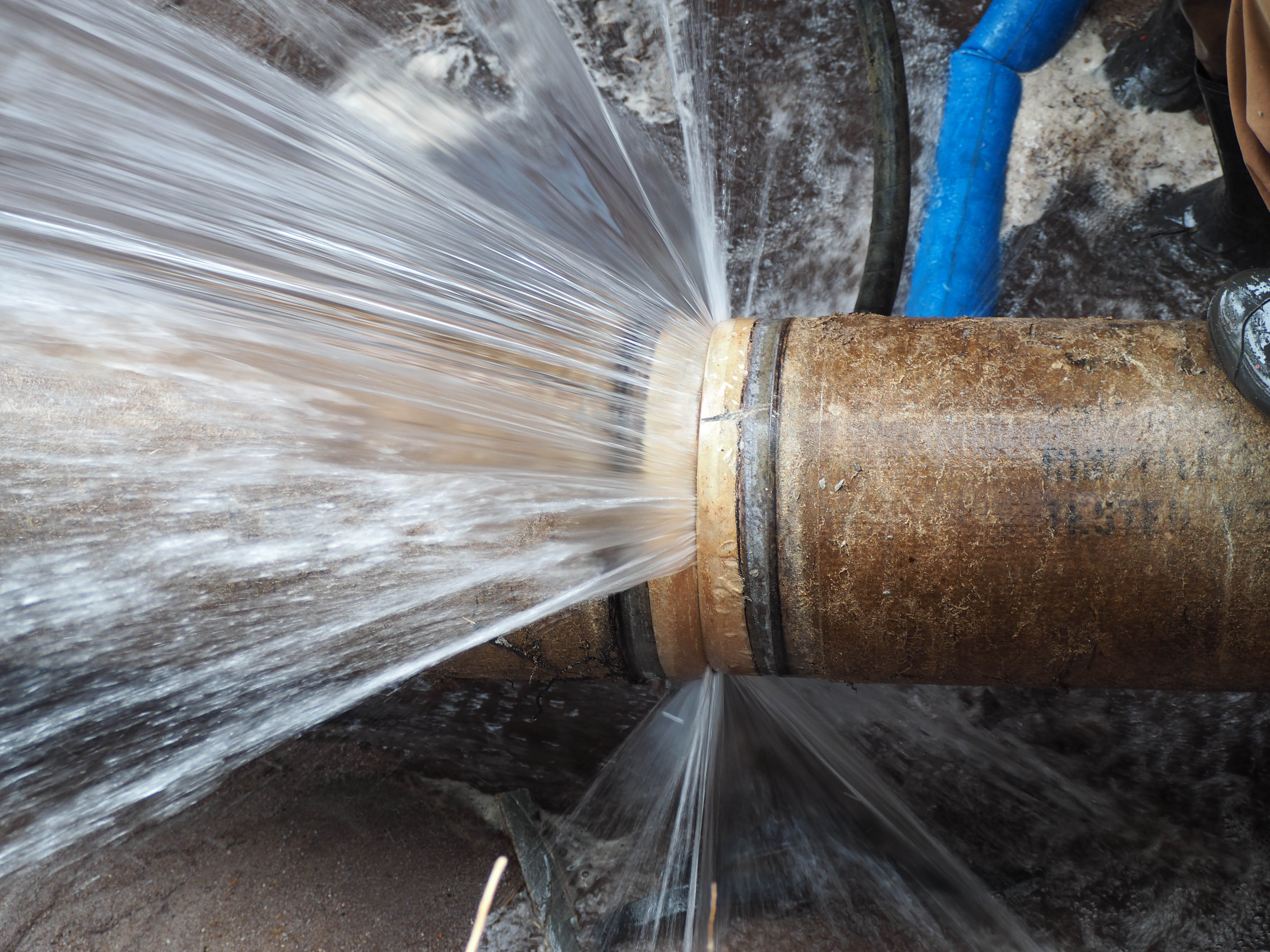Guidance for Avoiding Frozen Pipes in Winter: Expert Tips
Guidance for Avoiding Frozen Pipes in Winter: Expert Tips
Blog Article
Presented here further down you can discover some really good details in regards to Helpful Tips to Prevent Frozen Pipes this Winter.

Cold weather can wreak havoc on your plumbing, especially by freezing pipelines. Here's just how to prevent it from occurring and what to do if it does.
Intro
As temperature levels decline, the threat of icy pipelines rises, possibly bring about costly repairs and water damages. Recognizing just how to stop icy pipes is important for house owners in chilly climates.
Avoidance Tips
Protecting susceptible pipes
Cover pipes in insulation sleeves or use heat tape to safeguard them from freezing temperatures. Focus on pipelines in unheated or exterior areas of the home.
Heating techniques
Keep indoor rooms adequately heated, especially locations with pipes. Open up cupboard doors to allow warm air to flow around pipelines under sinks.
Exactly how to determine frozen pipelines
Try to find reduced water flow from taps, uncommon odors or sounds from pipes, and visible frost on revealed pipes.
Long-Term Solutions
Structural modifications
Consider rerouting pipes away from exterior walls or unheated areas. Add added insulation to attics, cellars, and crawl spaces.
Upgrading insulation
Purchase premium insulation for pipes, attic rooms, and walls. Correct insulation helps preserve consistent temperature levels and reduces the threat of icy pipes.
Securing Outdoor Pipes
Garden pipes and outdoor faucets
Separate and drain yard hoses before winter months. Set up frost-proof faucets or cover outdoor faucets with protected caps.
Understanding Frozen Pipelines
What creates pipes to freeze?
Pipes ice up when revealed to temperatures below 32 ° F (0 ° C) for prolonged durations. As water inside the pipelines ices up, it expands, taxing the pipe walls and possibly creating them to break.
Threats and damages
Frozen pipes can lead to supply of water interruptions, residential or commercial property damage, and expensive repairs. Burst pipelines can flooding homes and trigger substantial structural damage.
Indicators of Frozen Piping
Determining frozen pipelines early can avoid them from bursting.
What to Do If Your Pipelines Freeze
Immediate activities to take
If you suspect frozen pipelines, keep faucets open up to relieve pressure as the ice melts. Make use of a hairdryer or towels soaked in warm water to thaw pipelines slowly.
Verdict
Protecting against icy pipes calls for aggressive measures and fast responses. By comprehending the reasons, indicators, and preventive measures, house owners can shield their plumbing during winter.
6 Proven Ways to Prevent Frozen Pipes and Protect Your Home
Disconnect and Drain Garden Hoses
Before winter arrives, start by disconnecting your garden hoses and draining any remaining water. Close the shut-off valves that supply outdoor hose bibs and leave the outdoor faucet open to allow any residual water to drain. For extra protection, consider using faucet covers throughout the colder months. It’s also important to drain water from any sprinkler supply lines following the manufacturer’s directions.
Insulate Exposed Pipes
Insulating your pipes is an effective way to prevent freezing. Pipe insulation is readily available at home improvement stores and is relatively inexpensive. Pay close attention to pipes in unheated areas such as the attic, basement, crawl spaces, or garage. Apply foam insulation generously to create a buffer against the cold. You can also wrap your pipes in heat tape or thermostat-controlled heat cables for added warmth.
Seal Air Leaks
Inspect your home for any cracks or openings that could let in cold air. Seal any holes around the piping in interior or exterior walls, as well as the sill plates where your home rests on its foundation. Additionally, make sure to keep your garage door closed unless you’re entering or exiting. Leaving it open creates a significant air leak that can lead to frozen pipes.
Allow Warm Air Circulation
During cold snaps, it’s essential to allow warm air to circulate evenly throughout your home. Leave interior doors ajar to promote better airflow. Open kitchen and bathroom cabinets to help distribute heat consistently around the rooms. If you have small children or pets, be sure to remove any household chemicals or potentially harmful cleaners from open cabinets for safety.
Let Faucets Drip
A small trickle of water can make a big difference in preventing ice formation inside your pipes. When temperatures drop significantly, start a drip of water from all faucets served by exposed pipes. This continuous flow helps prevent the water from freezing. Additionally, running a few faucets slightly can relieve pressure inside the pipes, reducing the chances of a rupture if the water inside does freeze.
https://choateshvac.com/6-proven-ways-to-prevent-frozen-pipes-and-protect-your-home/

I'm just very involved in Prevent Frozen Pipes and I hope you enjoyed reading our blog entry. Enjoyed reading our blog? Please quickly share it. Let other people locate it. I take joy in your readership.
Information Here Report this page